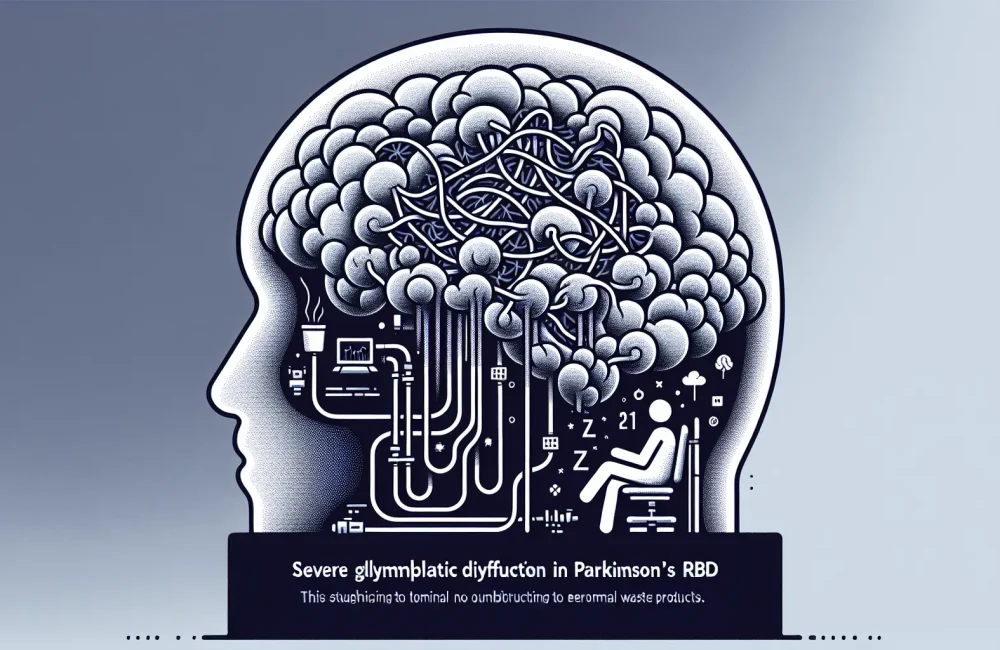By CAFMI AI From Nature Reviews Immunology
Linking EBV Infection to Multiple Sclerosis
Multiple sclerosis (MS) is a chronic autoimmune disease characterized by inflammation and damage to the central nervous system (CNS), leading to neurological disability. Recent research provides compelling evidence that Epstein-Barr virus (EBV) infection is a critical factor in MS pathogenesis. Epidemiological studies have consistently shown a strong association between prior EBV infection and increased MS risk, supporting a causal relationship. EBV is a ubiquitous herpesvirus that infects B cells and establishes lifelong latent reservoirs. In genetically susceptible individuals, this persistent infection may trigger aberrant immune responses culminating in CNS autoimmunity. Understanding the link between EBV and MS is particularly relevant for clinicians, as it offers insights into disease mechanisms and prospects for targeted therapies. This review examines the biological underpinnings of EBV infection in B cells and their role in the development of MS, emphasizing recent advances that connect viral immunity to neuroinflammation and demyelination.
Mechanisms of EBV-Infected B Cell Involvement in MS Pathology
EBV infects B cells and profoundly alters their function, promoting pathogenic immune activities implicated in MS. Upon infection, EBV induces lifelong latency in B cells, allowing them to persist and evade immune clearance. These infected B cells can aberrantly activate and present antigens in a way that drives autoimmune responses against CNS components. Key processes involve abnormal antigen presentation, production of autoreactive antibodies, and modulation of T cell responses that collectively contribute to CNS inflammation and demyelination. Experimental models have delineated how EBV-infected B cells disrupt immune regulation, highlighting their central role in the initiation and progression of MS. Notably, brain tissue from MS patients shows enriched populations of EBV-infected B cells within lesions, supporting their direct involvement in disease pathology. These findings underscore the complexity of the immune response in MS and suggest that targeting EBV-infected B cells could be a strategic approach to modifying disease course.
Therapeutic Implications and Future Directions
The recognition of EBV-infected B cells as key players in MS pathogenesis opens new avenues for therapeutic interventions. Strategies aimed at eliminating EBV-infected cells, modulating their activity, or preventing EBV infection altogether are under exploration. Antiviral therapies, B cell-depleting agents like anti-CD20 antibodies, and vaccines targeting EBV antigens represent promising approaches to reduce MS risk or progression. Moreover, understanding the molecular interactions between EBV and host immune cells may yield novel biomarkers for early diagnosis and treatment monitoring. Future research should focus on refining these therapies, assessing their efficacy and safety, and unraveling the complex interplay between viral infection and autoimmunity in MS. Ultimately, targeting EBV-driven mechanisms holds the potential to transform MS management and improve patient outcomes.
Read The Original Publication Here






